Two Gulf countries – Saudi Arabia and United Arab Emirates (UAE) – have re-oriented their external relations significantly in recent years. The improvement in ties between both these Gulf countries, especially UAE, and Israel is a strong reiteration of the same. UAE along with Bahrain, Morocco and Sudan normalised ties with Israel via the Abraham accords signed in 2020. Even at a global level, not just the Middle East, both Saudi Arabia and UAE are trying to re-position their foreign policy. One important change has been the strengthening of UAE-China and Saudi Arabia-China relations, much to the discomfort of the US.
Two Gulf countries – Saudi Arabia and United Arab Emirates (UAE) – have re-oriented their external relations significantly over the past few years. The improvement in ties between both these Gulf countries, especially UAE, and Israel has clearly been evident. UAE along with Bahrain, Morocco and Sudan normalised ties with Israel via the Abraham accords signed in 2020. While there has definitely been an upswing in economic ties between Saudi Arabia and Israel, Riyadh has categorically stated that it would only normalise relations with Israel, if a two state solution with Palestinians is reached. Significantly, while both Saudi-Iran and UAE-Iran ties had witnessed a downward spiral in recent years, and both countries had initially expressed fervent opposition to the revival of the Joint Comprehensive Plan of Action/JCPOA (Iran Nuclear Deal). Both UAE and Saudi Arabia have also been working towards improving ties with Iran (UAE re-instated its Ambassador in Iran, in August 2022, after a period of 6 years).
Also Read: Abraham Accord and its Geopolitical Significance
China
Even at a global level, not just the Middle East, both Saudi Arabia and UAE are trying to re-position their foreign policy. One important change has been the strengthening of UAE-China and Saudi Arabia-China relations, which the US feels could have an adverse impact on security relations with both countries. UAE and Saudi Arabia have unequivocally stated that they would not like to be caught in the geopolitical wrangling between Washington and Beijing and would cultivate strong ties with both (many countries like, Singapore in ASEAN, have also taken a similar stance). Two reasons have been cited for this change. First, a belief that US is reducing its involvement in the Middle East. Second, the Biden Administration’s attempts towards reviving the Iran Nuclear deal, especially in the first few months in office, while not giving as much importance to Gulf Countries. US-Saudi deteriorations dipped significantly after Biden, during his first few months in office, cold shouldered Saudi Crown Prince and PM, Mohammed Bin Salman (MBS).
Also Read: The Chip War: US Restrictions, China’s Ambitions and the Semiconductor Industry
In the aftermath of the Ukraine crisis, both UAE and Saudi Arabia refused Biden’s call for increasing oil production. Further, Saudi Arabia has expressed interest in joining China-led BRICS.
Ties of UAE and Saudi Arabia with Russia
In the aftermath of the Ukraine crisis, both UAE and Saudi Arabia refused Biden’s call for increasing oil production (leaders of both countries even refused to take the US President’s calls). Earlier this month, Organization of Petroleum Exporting Countries (OPEC+) – which consists of 13 OPEC countries and 11 non OPEC countries – decided to reduce oil production, much to the chagrin of the US. While the US has said that this decision was taken by Saudi Arabia – which plays a key role in OPEC – with the objective of favouring Russia, Saudi Arabia on its part has said, that the decision was driven purely by economic considerations.
This decision comes weeks before the US mid-terms (US President Biden has been keen to keep gas prices in check before these elections), and many US lawmakers have called for a rethink of security ties with Saudi Arabia.
Also Read: The Small Shouldn’t Tumble in the Great Game of the Asia-Pacific
Days after this decision by OPEC+, UAE President Sheikh Mohamed bin Zayed al-Nahyan visited Russia, and met Russian President Vladimir Putin, who lauded the UAE-Russia bilateral relationship and also praised UAE for its mediation efforts in the Russia-Ukraine war. Said Putin:
“I’m aware of your concern about the development of the situation and your desire to contribute to the settlement of all disputed issues, including today’s crisis in Ukraine,”
Saudi Arabia in a balancing act, with an eye on sending out a message that it was not siding with Russia, announced USD 400 Million for Ukraine.
It is clear that in the changing world order and geopolitical architecture, Washington cannot take support from either Saudi Arabia or UAE on complex geopolitical issues for granted.
BRICS
In another significant development, Saudi Arabia has expressed interest in joining China-led BRICS (Brazil, Russia, India, China, South Africa). South African President, Cyril Ramaphosa after returning from his state visit to Saudi Arabia, said:
“The Crown Prince (Prime Minister of Saudi Arabia Mohammed bin Salman Al Saud) did express Saudi Arabia’s desire to be part of BRICS.”
BRICS before the deterioration of ties between China and India in 2020, had managed to de-hyphenate geopolitics from economic issues to an extent, though ever since the downward slope of ties between Beijing and New Delhi over the past two years it has been unable to do so.
You May Like: I2U2 and its Significance in the Indo-Pacific Region
While it is premature to make any conclusion, UAE and certainly Riyadh have reworked their foreign policy significantly, although in the short term any major changes are unlikely. UAE is part of what is called the Middle Eastern Quad/I2U2 which consists of US, Israel, UAE and India. Here it would be pertinent to point out, that even calls in the US for rethinking security relations with Saudi Arabia after the OPEC+ took a decision to reduce oil production were opposed by many in the US. It is clear that in the changing world order and geopolitical architecture, Washington cannot take support from either Saudi Arabia or UAE on complex geopolitical issues for granted. It would also be interesting to see, whether Saudi Arabia is interested in joining BRICS or this is mere posturing.
Disclaimer: The views expressed in this article are of the author solely. TheRise.co.in neither endorses nor is responsible for them. Reproducing this content without permission is prohibited
About the author
Tridivesh Singh Maini is a New Delhi-based Policy Analyst. He is faculty member of OP Jindal Global University, Sonepat, Haryana.

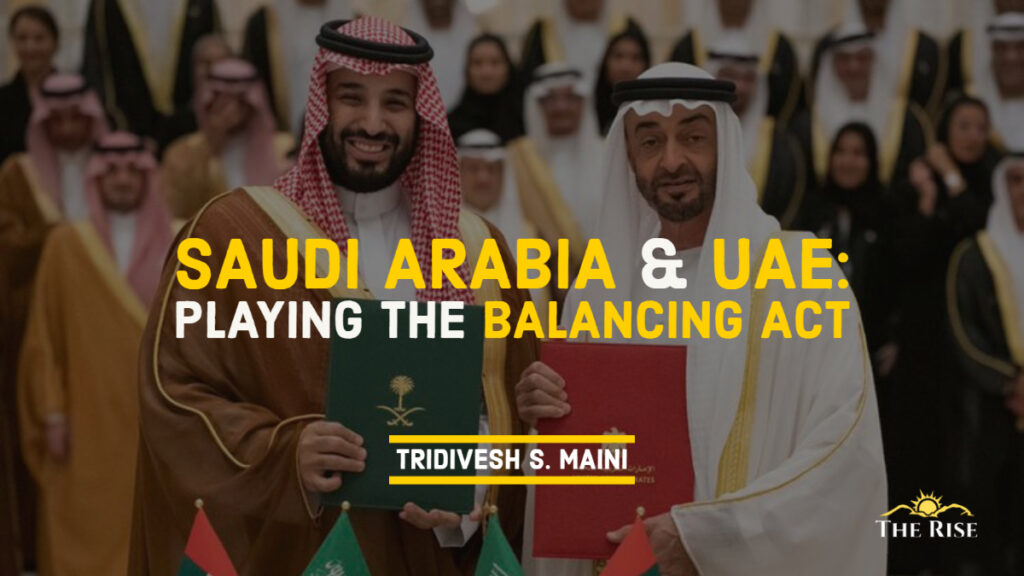

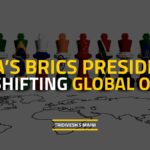
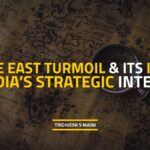
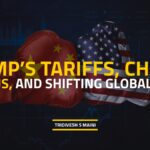





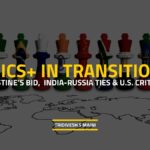

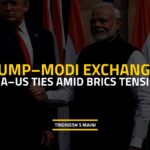
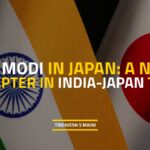

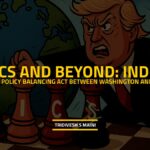


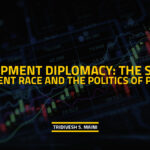


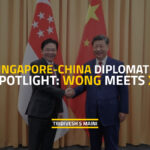


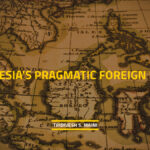

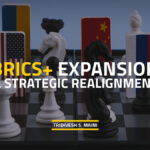




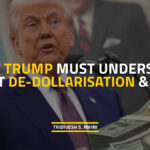
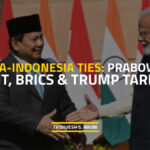

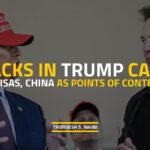

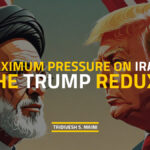

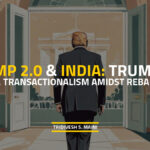
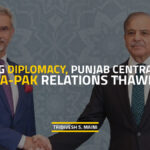



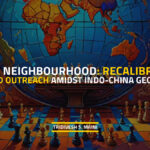

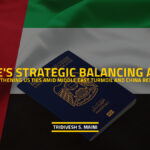
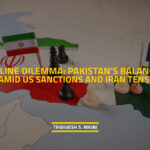
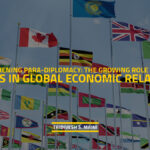
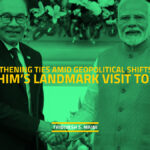
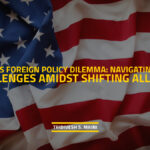
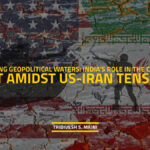
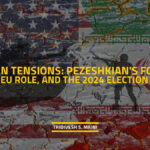
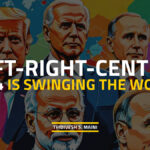


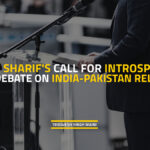
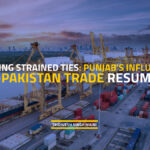


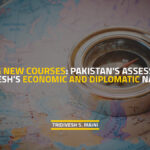

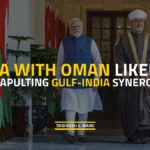
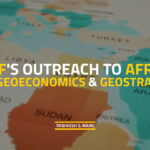

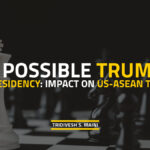
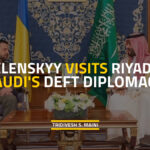
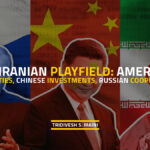
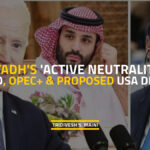
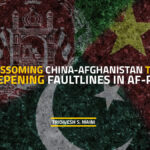
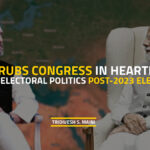
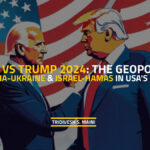
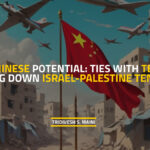



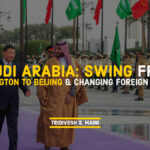

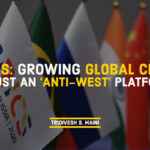
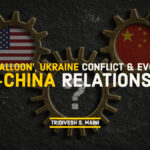
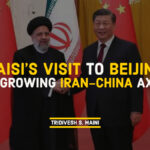



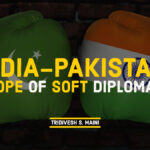
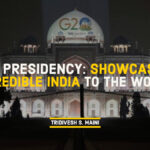

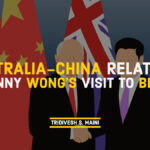
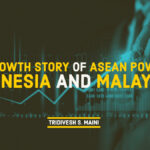

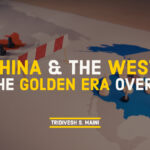
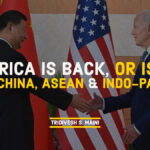
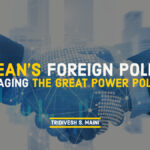
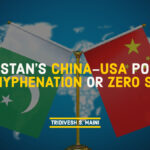
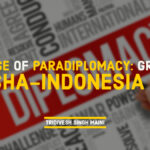
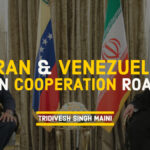

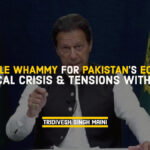
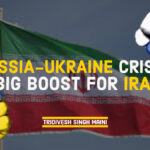
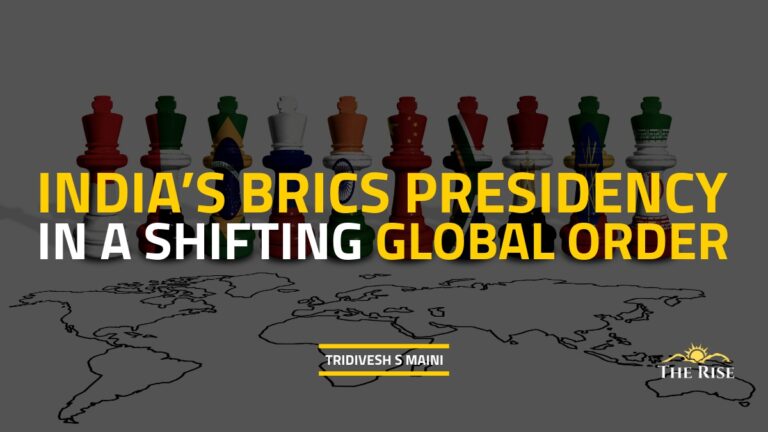



Pingback: India-Pakistan: Scope Of Soft Diplomacy - TheRise.co.in